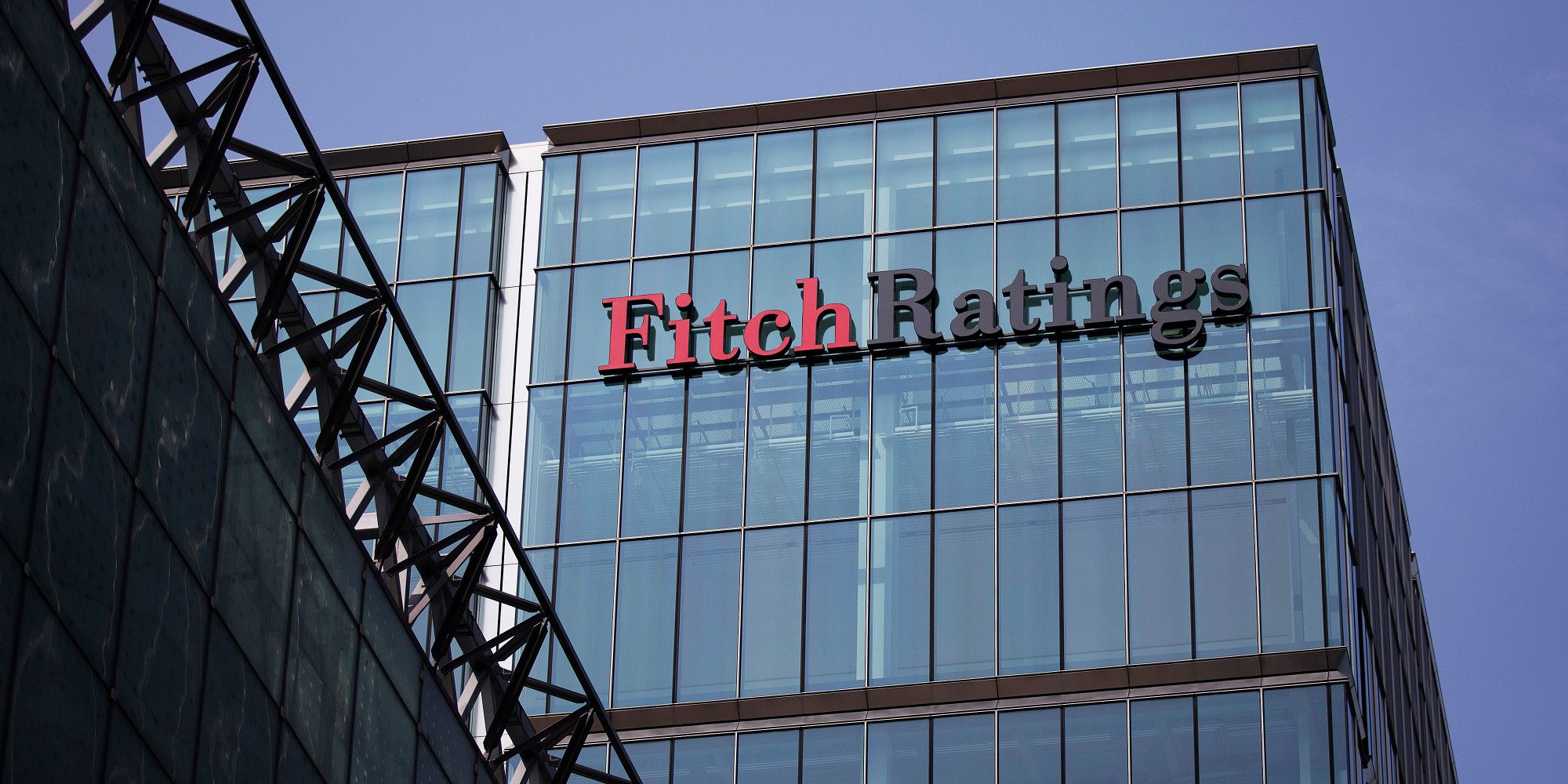Despite a higher growth target of 6 to 7 percent for 2024, Fitch Ratings’ forecast for the Philippine economy is only at 5.5 percent, just the same as 2923 and coming from 7.6 percent in 2022.
Fitch in its latest Asia Pacific Sovereigns Peer Review said the low growth projection is due to the slow household spending over weaker private consumption in 2023 and 2024, with the post-pandemic boost fading and high (although moderating) inflation weighing on real incomes.
Household spending eased to 4.6 percent in the second quarter from 5.5 percent last year, the slowest since the Covid-19 pandemic, according to data from the Philippine Statistics Authority.
“Nevertheless, we still forecast real GDP growth of above 6 percent over the medium term, supported by large investments in infrastructure and reforms to foster trade and investment, including public-private partnerships (PPPs),” Business World quoted Fitch Ratings.
Fitch Ratings’ growth forecast falls well below the government’s 6-7 percent government target. In the first half of 2024 and GDP averaged 6 percent, Business World added.
For 2025, it sees Philippine GDP growth averaging 6.1 percent, still below the government’s 6.5-7.5 percent target range.
The credit rater also expects the National Government’s (NG) fiscal consolidation to continue at a gradual pace.
The government set its deficit ceiling at 5.6 percent of GDP for 2024 to ease further to 3.7 percent of GDP by 2028.
The Development Budget Coordination Committee (DBCC) kept its deficit ceilings for 2026 to 2028 but revised its revenue and expenditure programs to allow for a more “realistic and sustainable” consolidation path.
“Nevertheless, this is still consistent with a downward path for government (debt-to-GDP) over the medium term, given strong nominal GDP growth,” Fitch said.
“Asia-Pacific (APAC) sovereigns are a long way from undoing the fiscal damage left by the COVID-19 pandemic, as governments have generally prioritized growth and cushioning the public from the effects of the global inflation spike over reducing budget deficits,” it added.
Fitch Ratings said its latest rating action reflects the country’s “strong medium-term growth, which supports a gradual reduction in government (debt-to-GDP) over the medium term and the large size of the economy relative to ‘BBB’ peers.”
In June, it kept the Philippines’ “BBB” investment grade rating with a “stable” outlook. A “BBB” rating indicates low default risk and reflects the economy’s adequate capacity to pay debt.
“The rating is constrained by low GDP per head, despite an upward trend. Governance standards are weaker than at ‘BBB’ peers, though Fitch believes World Bank Governance Indicator scores somewhat overstate this.”
The credit rater cited negative sensitivities to its outlook, such as “reduced confidence in strong, stable medium-term economic growth.”
It also noted the possibility of failing to maintain a stable debt-to-GDP ratio amid the NG’s strategy of scaling back consolidation efforts as well as risks of decreasing foreign-currency reserves due to the potential widening of the current account deficit.
Latest data from the Treasury showed the NG’s outstanding debt slipped by 0.9 percent to P15.55 trillion as of end-August from the record-high P15.69 trillion as of end-July.
As a share of GDP, the NG's debt stood at 60.9 percent in the second quarter, still a tad higher than the 60 percent threshold considered by multilateral lenders to be manageable for developing economies.
In the first semester, the country’s current account deficit stood at $7.1 billion, accounting for 3.2 percent of GDP. BSP expects the current account deficit to reach $6.8 billion this year, equivalent to 1.5 percent of GDP.
However, Fitch Ratings noted positive sensitivities, such as stronger-than-expected economic growth, sustained reductions in debt, and strengthening of governance standards.
The government aims to achieve an “A” level rating before the end of the Marcos administration in 2028.

